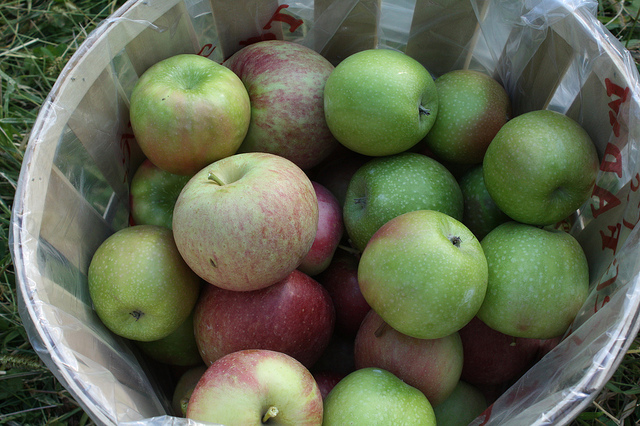
Catching the Flu? A Natural Guide to Getting Well Fast
We often use the word flu interchangeably with “common cold” and vice versa. After all, both are ailments which result in similar conditions, such as congestion, aches, and a fever. However, in truth, flus tend to be far more potent in their symptoms and present a greater health risk. They come on more quickly, last over a week, and can result in serious complications such as pneumonia.
So what can you do when flu season comes around your neighborhood and you start feeling that familiar tickle at the back of your throat? While most consumers immediately check out over-the-counter medications, there are plenty of natural remedies and behavioral adjustments we can make to reduce the span of our sickness.
Know What To Avoid
Many people try to counteract the symptoms of fatigue and weakness that come with the cold by consuming more caffeine, tobacco, or even alcohol than usual. These are all poor choices for various reasons. Anything that works as a diuretic, or that inhibits your body’s immune system, should be avoided.
Unfortunately, this also applies to “soldiering on” through work while sick. While most of us don’t want to admit when staying home is the better choice, doing so can help your body get better faster since you’ll have more time to rest and have more ready access to medications, remedies, and rest. Not to mention your co-workers will appreciate it, too!
It’s also good to avoid solutions which are falsely advertised, such as herbal supplements like Airborne or homeopathic remedies. In the case of Airborne, it’s important to remember that its main draw is an excessive dose of Vitamin C. However, since the vitamin is water soluble, consumers literally flush their money down the drain when they take these as advertised. If anything promises to prevent, reduce, or eliminate your flu entirely, take special care to read the fine print.
Look Into Natural Remedies
While no panacea for the flu can be found in nature, there are various methods of alleviating your condition that don’t require something produced and packaged by a pharmaceutical company. For example, a spoonful of honey can be equally effective as most over-the-counter cough syrups, and locally obtained honeys can even increase your resilience against allergens in the area.
Fluids such as water, juice, broth, herbal tea, or lemon water (not lemonade, as sugar can thicken congestion) are natural ways to help hydrate your body and cleanse your body of the virus. Broth is particularly good at relieving congestion. Warm liquids are particularly effective with this, since the steam loosens congestion in the sinuses. Humidifiers or vaporizers are also useful. If these aren’t handy, simply running warm water or boiling a pot in the room and can humidify your space.
When Considering Over-The-Counter Medications and Treatment
While natural remedies can get us far when fighting the flu, it’s worth considering OTC medicine when aches, congestion, or sleeplessness become a problem. It’s also important to weigh the side effects of each medication, as well as any potential complications that can arise from mixing the wrong kinds of medicine. For example, cold medication and nasal decongestants such as Sudafed are frequently mixed, which can be dangerous. Nasal spray, one of the most commonly overused medications, can cause terrible jitters in even slight excess.
While there’s nothing particularly wrong with OTC medication when used as directed, natural remedies and personal care are the best and safest answer when managing your oncoming cold. These tips can make the forthcoming week or so more manageable, but always remember to contact your doctor when symptoms become severe. What are your favorite natural cold remedies and tips?
Image via: www.sheknows.com
0



